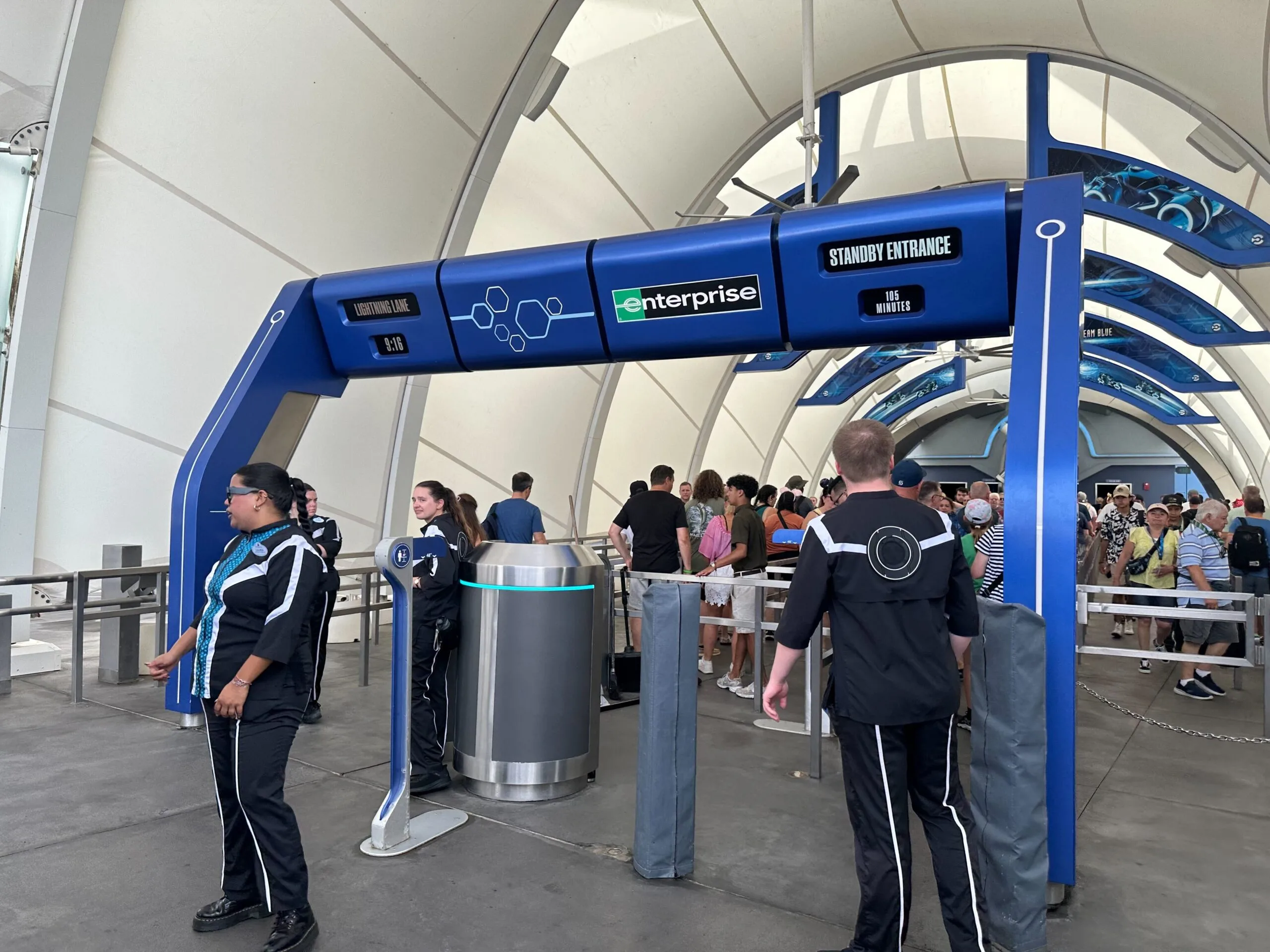American Airlines has won a widely publicized lawsuit it had filed against Skiplagged, the travel website that allows users to find cheaper flights via a now-infamous practice called “hidden-city ticketing.” Now, a U.S. federal court ruled in favor of the airline and ordered Skiplagged to pay $9.4 million in damages to American Airlines, holding that Skiplagged essentially exploited the business model of the airline in a way that would violate ticketing rules and possibly trump fairness when it comes to the distribution of airfare prices.
Skiplagged is one lesser-known pioneer from 2013 that stoked the travel industry with its aggressive promotion of what is called “hidden-city ticketing.” It involves booking a flight with a layover in a destination the passenger has always wanted to visit and then skipping the last leg. This mostly exploits the fare gap between a non-stop and a multi-leg connection because, for some reason or another, it might be cheaper for a passenger to buy a longer itinerary and just skip the final leg. The airlines have never liked this act since it jeopardizes the revenue models in place, raises inefficiencies in operations, and counters all terms of service when passing tickets.
More specifically, in its lawsuit, American Airlines argued that Skiplagged violated settled tenets of fraud and breach of contract. American Airlines drove home the point that Skiplagged intentionally allows bookings that it, as an air carrier, unequivocally submits are contrary to the airline’s rules for ticketing, which prohibit at least hidden-city ticketing.
This meant that the court’s judgment to grant $9.4 million to American Airlines in damages indicated that the case was serious and the amount of losses that American Airlines said it had suffered due to acts perpetrated by Skiplagged.
Still, Skiplagged burst meteorically into popularity among budget-sensitive travelers who would rather know how to save on airfare. The website claimed it does nothing but offer travelers options already in place and that it never made a single booking.
However, airlines argue that by promoting and encouraging passengers to use hidden-city ticketing, Skiplagged knowingly violates airline policies as well as facilitates behavior that violates the terms of contract agreements.
The implications of this court ruling for the travel industry can be quite far-reaching based on how third-party tickets and promotions may be penalized with regard to their ticketing rules and used for undercutting the airlines’ pricing models. Other carriers may end up seeking legal action against some travel platforms or individuals using hidden-city ticketing to evade the standard airfare policies.
While the operator Skiplagged told reporters it intends to continue operations and help travelers, the judgment already is imposing a $9.4 million burden on the company. The operator has made no public comments about what it will do in response or if it will appeal the ruling.
As consumers increasingly turn to the internet in search of new ways to book travel, competition from companies like Skiplagged that seek to benefit from loopholes will continue to hammer airlines. The ruling for American Airlines is a rather clear beacon that the industry will not put up with business practices that are perceived as uneven or deceptive.
This will be a very interesting follow-up, as the other airlines and travel platforms must be worried about this ruling and continue to see if hidden-city ticketing will come under more scrutiny or become regulated in the future.




